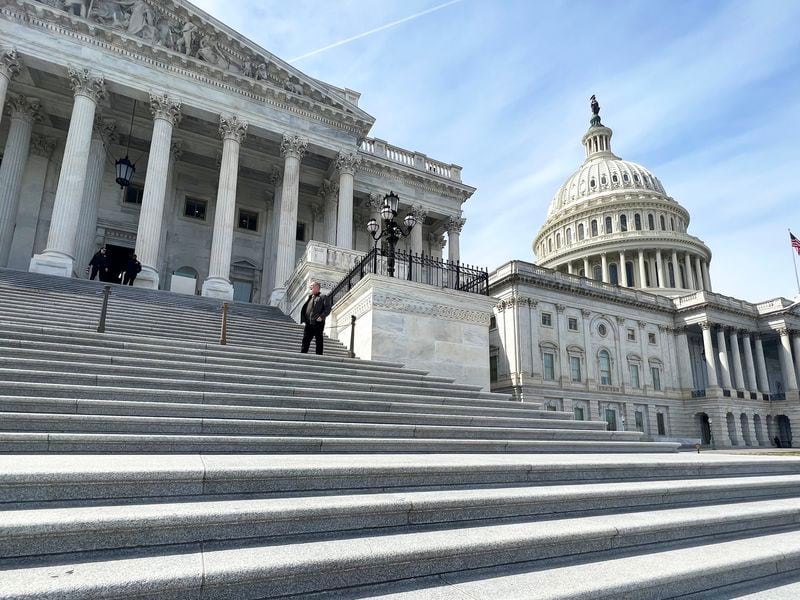A narrow bill to create a U.S. working group to dig into crypto use in terrorism and money laundering passed the U.S. House of Representatives in a routine vote.
The legislation isn’t likely to get any further without a Senate counterpart, but it marks another congressional approval of a crypto measure.
While Congress considered this latest crypto bill, industry representatives were reaching out to Vice President Kamala Harris on Monday and encouraging her to embrace cryptocurrency as a presidential candidate.
The U.S. House of Representatives has approved another piece of cryptocurrency legislation with a routine voicevote, though the bill to set up a government working group to assess how to keep bad actors from using digital assets isn’t likely to become a law as-is.
The brief bill sponsored by Rep. Zach Nunn (R-Iowa) was among crypto provisions that had previously cleared the House Financial Services Committee, but despite the bipartisan progress for sector-friendly legislation in the House – such as the Financial Innovation and Technology for the 21st Century Act (FIT21) – the Senate hasn’t yet matched the House’s crypto embrace.
Nunn’s effort, which was approved unanimously in the committee last year, would establish a temporary working group under the Treasury Department to dig into the use of digital assets in terrorism and money laundering and make recommendations on how to address it. The group would include figures from the industry, including members from “blockchain intelligence companies.”
In a speech on the House floor, Nunn called the legislation “crucial in strengthening America’s national security, protecting our digital assets and ensuring the next generation of financial and internet technology is built right here in America.”
Jaret Seiberg, a TD Cowen analyst, suggested this bill was primarily a political exercise.
“For crypto critics, this is a way to register their demands for money laundering crackdowns,” he said in a client note on Monday. “And for crypto advocates, this gives them political cover from attacks that their support for digital assets facilitates money laundering and criminal activity.”
Though crypto has risen to occupy a spot as a prominent political topic in the 2024 presidential contest, the likelihood that a narrowly divided Congress will agree on a long-awaited regulatory approach to the industry remains thin. To that end, crypto insiders are keeping a close watch on a few relevant provisions being considered for the National Defense Authorization Act – the annual bill setting the nation’s defense priorities.
Also on Monday, the Digital Chamber sent a letter to Vice President Kamala Harris – now being positioned by the party as the leading candidate to take the place of President Joe Biden as the Democratic nominee for president. The letter asked Harris to “take a forward-looking approach on digital assets and blockchain technology” by adding a positive crypto position to the party’s official platform and picking a running mate “with a proven track record of engaging with digital asset technology and proposing pro-innovation policies.”
The letter echoed a number of other prominent industry participants, who similarly called for the potential Democratic leader to take a more crypto-friendly approach.

























